Last Updated on July 28, 2021

The Arrow
interviews Daryl Haney
Genre-friendly screenwriter and actor
Daryl Haney
aka The Duke
had a hand in writing “Friday the 13th: Part 7”, “Lords of the Deep”,
“Xtro 3” and “Masque of the Red Death” while also having acted in
“Watchers 2”, “The Unborn” and “Thrill Kill”. I had the opportunity to
probe The Duke on his many adventures and misadventures within the
insane biz that is showbiz and here’s what he shared
with me.
ARROW: What’s your
favorite horror movie?
THE DUKE: Well, if ’horror’ includes
“Psycho” that would certainly be at the top of the list and
“Rosemary’s Baby” even higher. And I like both the “Nosferatu” movies
— the one by Murnau and the later remake by Herzog — and also some
of the earlier Cronenberg movies like “The Brood” and “Rabid” and some
Italian films from the 60s like “Black Sabbath” and “Nightmare Castle”
and “Bloody Pit of Horror,” which has just got to be one of the most
eccentric movies ever made! And then there’s Roger Corman’s “House of
Usher,” which I think is one of the great adaptations of 19th Century Decadent literature, and Hammer‘s “Twins of Evil” gets high
marks just because you get to see those stunning twin Playmates from
the early 70s, Mary and Madeline Collinson, rolling around naked every
other reel. And I would also have to say that, over time, I’ve come
to admire the ideas of George Romero quite a bit — the ideas more
than the filmmaking. Certainly, zombies are a great metaphor for the
kind of brainwashed robots Americans have come to be, and the opening
scene in “Martin” is about as disturbing a thing as I’ve ever seen. But I really don’t like horror films for their sensational content all
that much. I prefer it when the horror components are used to
explore the weirder aspects of the human psyche.
ARROW: Your earliest genre penning gig was Friday the 13th: Part 7? How did you wind up getting the job?
THE DUKE: It really all started when I
flew out to LA to do a movie for Roger Corman. I was just an actor
living in New York and a director named Joe Minion, who’d written
“After Hours” for Martin Scorsese, called me up while I was coming
down off an acid trip and asked if I could come to California right
away to star in this Corman movie. It didn’t even have a name yet. Eventually, other people called it “Daddy’s Boys” but, anyway, I
hopped a plane and when I got there learned we didn’t have a script —
we were supposed to shoot the whole thing on existing sets for “Big
Bad Momma II”! — and since Joe was a union writer and this was a
non-union project it fell to me to write it. So we shot it and, a few
weeks later, one of the producers got a call asking if she knew any
young writers who could “revitalize” the “Friday the 13th”
series. I’d never even seen a “Friday” movie! I knew what they
were, of course, but I was a very arty kid who lived on the Lower East
Side and liked Cassavetes and Fellini and that kind of thing, so I
went out and rented all six of them and about halfway through the
second I thought, ‘Oh, I see how
it’s done.
It’s a kind
of rotating murder dial and then, for the finale, there’s a battle
between the sole surviving chick and Jason.’ So I came up with some
ideas and walked up the street to a payphone and called up this woman
named Barbara, who was the development person over at Hometown Films,
and pitched them to her right there outside the Beachwood Market in
Hollywood. I didn’t even have a phone at that point! I didn’t have
a car, either. So I had to walk when it came time to meet her and her
office was a very F. Scott Fitgerald sort of setting on the Paramount
lot and, again, being this sort of hipster kid, I felt very out of
place there. In fact, I never thought it would work out, so to me the
whole thing was kind of a joke. But then I flew back to New York
and, literally, only a few minutes after I’d walked in the door the
phone rang and there was Barbara telling me I had the job. And I had
an agent over at APA who I knew would ask for a lot of money so there
was no question I’d take it. I did have some reservations since it
felt like selling a piece of my brain but I was so broke those were
easily overcome.
ARROW: Was it your idea
to have Friday the 13th meet a Carrie “clone” for this
seventh installment of the franchise or was that a studio imposed
premise?
THE DUKE: Well, one of the first things I
was told when I got approached about this job was the producers had
really wanted to make a Freddy versus Jason thing and that had
recently fallen through after the Freddy people had broken off talks. They didn’t need Jason because Freddy was much more popular — in
fact, he may still be, I really don’t know. So that idea goes way,
way back, obviously, and I definitely had it mind when I started
coming up with pitches. I did not think ‘Let’s
just do a ‘Carrie’ clone,‘ but, again, I knew there was always a sole
survivor who’d battle Jason
at the end of the movie and I thought, ‘Why not give her some special
powers?’ Well, as soon as Barbara heard that she went, “Oh, Jason versus Carrie!,” but fair enough. I mean
if there’d never been “Carrie,” I would never have known about
telekinesis, but I certainly wasn’t looking to rip anybody off.
It
was just one of several ideas I pitched and that’s the one they
liked.
ARROW: I heard through
the grapevine that your experience with Friday the 13th: Part 7 wound up being a very sour one. Care to elaborate as to what
happened?
THE DUKE: Well, any writer
who’s been through the development process will know just what I’m
talking about. Barbara wanted something “classier” than the typical
“Friday” movie (to use a word she never actually used herself) so I
kept having to rewrite the script again and again to try and give to
her. And, unfortunately, I’d tipped her off as to how fast a
writer I could be so she’d call up my house in Silver Lake — I was
living on the porch of a place already filled with AFI students and
punk rockers! — and she’d say, ‘Daryl, would you please come over
here? We’ve got more notes for you.’ And I didn’t have a computer at
that point so I knew as soon as I got there I’d be sent off to a
trailer with a computer in it and, by dawn, I’d be expected to have a
whole new draft of the screenplay. And I would, too.
Like I say, I
was really fast back then. And then I’d turn it in and a couple of
days later the phone would ring with, ‘Daryl, could you come over
here? We’ve got some more notes.’ It went on for months like
this! And, meanwhile, I was writing another script for Roger —
“Crime Zone,” which ended up starring Sherilyn Fenn: maybe the
hottest girl I’d ever laid eyes on! — and also, that whole time,
Barbara never once showed the script to the producer, who was off
working on another movie with Keanu Reeves — “Permanent Record,“ I
think it was called — and he was also trying to set up “Internal
Affairs” with Richard Gere and I think he was just embarrassed by his
“Friday” association, period, so he wasn’t exactly eager to see a
script in the first place. And then he finally did and sort of went,
“What the hell is this?!” We’d deviated so much from the
“Friday” formula and I always knew was a big mistake but my hands were
tied and the producer — Frank Mancuso, Jr. — just sort of told me
to go take another look at Part IV and basically knock off its
structure. So that’s what I did, even though you may not be able to
tell, and basically there was draft after draft of that.
And
I was only supposed to do four drafts so my agent sent a letter asking
for more money and at that point they all just hit the roof, like it
was my fault we’d gone through fifteen drafts, and just to
retaliate, they gave the final polishes to some union writer who
didn’t even use his own name. See, I was supposed to get a bonus
when the movie went into production if mine was the only name on the
script. So they got this other guy and his pseudonym took
a credit and he was paid with half my bonus and the other half went
back into the movie. It was a very, very bitter lesson in
the ways of Hollywood but I guess that’s how we get wiser.
ARROW: I have to
ask…was the ending found in Friday the 13th: Part 7, with the
father popping out of the lake, yours? If not, what was your written
ending?
THE DUKE: Yeah, I think that
was my idea. Why? Does it suck? You know, frankly, it’s really hard
to remember what I came up with and what was proposed to me, I went
through so many rewrites. For instance, it recently came to my
attention the “sleeping bag death” was voted most popular in the
series in some poll someplace and this girl I know asked if I’d
written it and I really couldn’t remember if I had anymore! But I’m pretty sure I did since I know I once had a fantasy of killing
my kid sister the same way. I mean haven’t we all thought
about killing our kid sisters at some point?
ARROW:
Have you seen
Friday the 13th: Part 7? If so, what are your thoughts on
it?
THE DUKE: I only saw the
last twenty minutes or so. A few months after I finished “Friday” I
flew off to Europe to do another movie as an actor and then I came
back and was walking down Times Square when I saw it was playing on a
triple bill with two other movies. This was Times Square before
Disney got hold of it, obviously. Anyway, I went in and there were
all these drunken black guys yelling at the screen, which is just
about the ideal circumstance for seeing a movie like that, but even so
I was pretty disgruntled. I thought the movie looked
bad to start with, they obviously hadn’t gotten a very talented DP so
the whole thing had a sort of bluish-white tint to it. And the
actors were pretty poor, except for the lead
girl, and you could tell some of the guys were gay when they were
supposed to be hooking up with chicks, and maybe the worst thing of
all, the writer they’d brought in for the final polish had inserted
these awful lines I was just cringing over — stuff about “personal
penis enlargers” and that kind of thing. So, yeah, I was
pretty horrified. I never did bother seeing the rest of it —
I’d walked in toward the end — but now
I might be a little curious for nostalgia’s sake.
ARROW: You went on to
write other genre films such as Masque of the Red Death and X-TRO 3
(which you also co-produced) Which one would you say was the most
pleasant and fulfilling professional experience? Why?
THE DUKE: Well, virtually
no movie is ever “pleasant” to make, just because you’re constantly
dealing with set disasters — often, including the director! And
“fulfilling“ — that’s not a word I’d choose either. But every
movie I’ve ever done is a part of my past and when I think about them
now I’ll remember funny things like, for instance, on the set of
“Masque,” hanging out with all these surfers who were working as
extras to pick up a little cash — just about the most California
experience you could possibly have! And “Lords of the Deep” — that
was fun just because every morning I’d sit in the makeup chair beside
Bradford Dillman and he’d tell me all these great stories about the
famous people he’d worked with — for instance, Raquel Welch getting
shot at by a Blackfoot Indian she’d rankled on the set of “The Legend
of Walks Far
Woman” and that sort of thing. And “Xtro” — I really
didn’t do much “producing” on that, all I did was help with the
casting and a little with the location-scouting, but Harry, the
director, gave me a co-producing credit as a kind of goodwill gesture. But I do remember that movie fondly because there was a whole
little clique I was part of that used to get drunk every
night after shooting and one them drove a dune buggy and I took quite
a wild ride in that thing, boy! And, also, that particular
“Xtro” reminds me of a drive-in movie from the 1950s, so I’m fond of
it for that reason too.
I think movies like that age a lot better than most big studio
things. I mean all those A-movies from the so-called
Golden Age of Hollywood — nobody bothers seeing those anymore, except
for the true masterpieces, “Citizen Kane“ and so on. The
rest are all forgotten. But B-movies like “Blood Feast” or
“Queen of Outer Space” — there’s always going to be an audience for
those and part of the reason, I think, is, watching them, you get a
much better feeling for the way things you used to be, the way they
used to look. They’re sort of naked somehow, whereas big
studio movies tend to be cleaned-up and highly artificial. And,
certainly, that’s still very true all these years later. This is a very, very bad period
for movies! I
don’t think one thing people are currently flocking to see will still
be around in fifty years, except
for maybe “Star Wars“ and “Lord of the Rings,” and I think the
audiences for those will
dramatically shrink, too. Eventually, they’ll be replaced
by contemporary versions of the same thing whereas
B-movies are weirdly irreplaceable. As a kind of literary
corollary, “serious” books that were incredibly popular back in the fifties like “By Love Possessed”
are no longer read but to this day hipsters still collect cheap
paperbacks with titles like “Wanton Woman” and Bettie Page types
posing on their covers. They may not be read but they’re at least
still around. nd, again, most of the big
bestsellers
from that time have long since disappeared. But to get back to your
question — one movie you didn’t mention is “Life
Among the Cannibals,” also directed by Harry, and that’s probably my
favorite, assuming that meets genre requirements. It’s a black
comedy about a kid living next door to a serial killer
— never released in the U.S., unfortunately, but
there’s reason to think it may finally be later this year on DVD.
ARROW: You also wrote
within the “erotic” genre with titles like Emmanuelle: Queen of the
Galaxy, the Kama Sutra TV show and the Best Sex Ever TV series under
your belt. I was always curious about this…how does a writer get
himself in the proper mind frame when having to deliver some “hot
stuff” material? What’s your process?
THE DUKE: You mean do I get
turned on when I write these things? No, never. They’re not really
about sex. Usually, all the writer does is write a first scene where
the main couple has a fight and then a couple of middle scenes where
they fool around with other people and, finally, a reconciliation
scene where the main couple gets back together again. You’re not
graphically describing the sex or anything. For that, you’re usually
instructed to write “They make love,“ nothing more and nothing less,
because it’s really hard to cast actors if they think they’re going to
be covered with honey and handcuffed naked to the bedposts. And I’ve
got my own regrets about doing these things but I’ve also got this
foible: I like to eat. But since I did do them I should’ve
used a pseudonym and with “Emmanuelle,” for instance — that predated
the Internet Movie Database and, even later, it didn’t occur to me how
damaging it could be. You know, people see a credit like that and
assume you’re some idiot hack and, once that happens, you’re in this
ghetto that’s very hard to climb out of. I mean it’s to the point
where, for my serious work, I’ll probably have adopt a
pseudonym! And, eventually, I did adopt one for my not-serious
work, but even then — with “The Best Sex Ever” people, for instance
— they used my real name, anyway. And they’d actually fired me, the
only time that’s ever happened, so sticking my real name on there —
that was like adding insult to injury.
But none of this
means I’m against erotic movies. I’d be very proud of those things
if I actually found them erotic, but people taking their clothes off
and simulating sex can be just as dull as anything else. To get
something good, it can’t be generic, it has to be felt, and
most porn, soft- and hardcore alike, is cranked out by cynics who
couldn’t care less. Like I say, I was never able to really write
about sex in any of those
things! Even the execs on “The Best Sex Ever,” those
chicks who complained my stuff wasn’t ’sexy’ enough — they had no
real suggestions on how to improve it beyond lame motifs you’ve
already
seen in countless magazines. Sex is very tricky to
capture, anyway. You can take all your clothes off
and never show a thing; strippers do that all the time. The real hurdle is getting people on camera who can actually be private in public and
how’s that going to happen if you don’t have filmmakers who care about
it?
I’ll tell you, I can’t even remember the last time I saw
a really arousing scene in an American movie! Now the Spanish, on
the other hand — they can make anything sexy! One of the
sexiest scenes I ever saw was in Spanish movie called “Jamon, Jamon”
and all it showed was a woman fanning herself beside a freaking
parrot! Fully dressed! Yeah, just try pitching that to the
American producer of an “erotic” TV show! I think the entire porn
industry should be left in the hands of the Spanish; I’d love that. I’d move to Spain myself and write “Jamon, Jamon II” and “Sex and
Lucia VI” and “Live Flesh XII” and never once
apologize! Plus, I’m sure I’d finally have lots to say on
the subject of “process.”
ARROW: I heard you
worked on a project called Siege aka Self-Defense that was shot in
Nova Scotia (Canada). What were your duties on that show? Has the
project been distributed?
Yeah, it was
distributed — just barely. I was just a kid when I did that thing.
I’d just moved to New York from my hometown in Virginia and one of the
producers saw my headshot in a pile someplace and asked me to
audition. They were really hoping to cast Mickey Rourke but they
couldn’t get him and, of course, I didn’t and don’t look a thing like
Mickey Rourke but my headshot was really rough-looking, shot outside
with my hair all messed up and my eyes kind of squinting, and every
single agent I sent it to told me it was all wrong and would never
bring me a lick of work. But these Canadians saw it and I went up to
their hotel and did a monologue from Eugene O’Neill, of all things,
from “Long Day’s Journey Into Night,” and that was pretty much it:
they told me next day I had the job.
And then I flew up and shot it
— my first plane ride! — and, unfortunately, I’d been taking all
these Method classes so every time I got in front of the camera I’d
try and “become” the character and all that. I think I drove those
poor people crazy! I mean it was basically just a low-budget action
thing and here I was, trying to be Robert DeNiro! So I
wasn’t very good but I did learn a lot from the whole experience. And one of the producers, Michael Donovan, later went on to win an
Oscar for “Bowling for Columbine.” He’s Michael Moore’s
producer now. Which leaves me to wonder, now that he’s got gold
in the house,
if he still leaves his doors unlocked.
ARROW: Lastly, you’re
also an actor, having appeared in films like “Watchers 2”,
“Lord of the
Deep” and “The Unborn”. What part does acting take within your
professional life? Is it something you studied? Is it a main goal or
solely a side thing?
THE DUKE: It started off as
the main goal and then it got pushed to the side as time went on. I
always knew I could write but I was reluctant to do it because people
have such a hard time accepting you can actually do more than one
thing. But I could make a living as a writer whereas it’s much more
precarious, trying to do that as an actor. It was never a
fly-by-night thing, I took acting very, very seriously and
studied with first-rate people like Mira Rostova, this old Russian
lady who used to coach Montgomery Clift, and Frank Corsaro, who used
to be Artistic Director at the Actors Studio. It’s quite a leap from
there to “Friday the 13th”! Not that I’m complaining. It
just strikes me as funny I’m best known for that when it’s got so
little to do with me.
ARROW: What would you say
to date was your favorite role to play? Why?
THE DUKE: I don’t think I’ve
played it yet. But of the ones I have done I’d have to cite,
again, “Life Among the Cannibals” and also a part in a Serbian movie
called “Rat Uzivo” — “War Live” in English. It’s weird: all the
English-language reviews I’ve ever seen of that performance have torn
me to pieces when I don’t think I’m bad at all! I don’t look that
great — I was overweight, for one thing — and the role wasn’t
well-written and the director barely spoke a word of English but I
think, given the circumstances, I’m actually pretty good! And the
movie itself is just okay but I really have a tremendous affection for
it since it changed my life. I loved living in Serbia to the point
where I moved back for half a year and I also got to work with some
fantastic actors like Srdjan Todorovich, who was in Emir Kusterica’s
“Underground,” and, also, I had very strong convictions about some of
the political matters raised by the movie. It’s about the 1999 NATO
bombing of the former Yugoslavia, except “War Live” treated it
lightly, for the most part, and I think that’s a good way to go when
you’re dealing with such grave subject matter. It’s not so
expected. But the Serbs, have a great, dark sense of humor, which is
one thing I really like about them. It’s strange how so much of the
world still views them as monsters when they’re some of the most
human people I’ve ever met.
ARROW: What’s next for
you as a writer, a producer or an actor?
THE DUKE: Well, again, I
never did much producing and, as for acting, I’d still like to do it
but, lately, I haven’t been feeling so confident in the looks
department. That’s the trouble with starting out as a pretty boy: once it starts to go it can be a pretty hard adjustment.
But I’m
sure I’ll recover and, in the meantime, I’m writing another “Xtro”
sequel and a ghost movie with the working title of “Supernatural,” and
there’s also a novel I’ve been trying to finish — which basically
is finished but still needs a polish. It’s not a genre piece. It’s about punk rock and I’ve got two others planned on different
subjects if I can ever buy the time to write them. I had such huge
ambitions for my film career and none of those have really panned out
so I’d like to devote more time to writing fiction. I think, there, I
could really have an impact — or as much of an impact as a novelist
can really expect in these post-literate times.
ARROW: Any advice for
the aspiring genre screenwriters of the world?
THE DUKE: Well, you know,
it’s hard to believe anybody wants to be a screenwriter per se. It’s
almost always a means to an end — usually, directing or, like me,
creating parts to play. I’ve sort of passed that now since, most
times, people won’t give you the parts even if they’ve told
you beforehand they’ll consider it. There’s often an issue of
‘ownership’ on a movie almost akin to paternity: whose child is
it, anyway? So, as long as the writer is on the set , it sort of
raises those paternity anxieties whereas, if he’s not, the director
can think it’s his child and not that useless sperm donor’s. At any fate, the
advice I’d have for anybody who wants to get involved in film in any
way is to get a good education. I’m not talking about going to
college, necessarily — in fact, these days a college education
doesn’t mean much, it’s been watered down so badly. But I think you
should read as much as you can possibly lay hands on, and not just
how-to books but real literature, for God’s sake! That’s one
of the main reasons movies are so poor these days: the people who
make them have no real foundation to stand on. They don’t know what
a great character really is since they’ve got no familiarity with Don
Quixote or Lord Jim or Madame Bovary, just like they don’t know a
thing about how the masters pulled off these incredible feats of
storytelling.
And I think that knowledge really does apply when it
comes to sitting down and writing a screenplay and, beyond that, in
just knowing how to think! Hopefully, I don’t sound like
William Bennett but I swear it’s the key to everything. Even if all
you want to make is horror movies and nothing but, I still think you
should know great writers and also great films by Peckinpah and
Tarkovsky and Godard and Ford. And you should know something about
painting and music and architecture since film is a synthesis of all
those things and much else besides. I mean I’m friends with a lot of
musicians and even if they’re just punk rock people — “just” in the
sense that punk’s so simple — I’m consistently surprised at how much
they know about musical forms having nothing to do with their own —
about jazz and soul and swing and symphonic — and, sometimes, they
know more about movies than the people aspiring to make them! Now,
granted, just knowing these things is no guarantee of greatness, but
at least that way you know what greatness is or, in any case,
you’ll have a qualified opinion. And like the Romans said: Vita
tempa, ars longa. Life’s short, art’s forever. And some people
have argued art is nothing more than a scratch on the wall to prove we
once existed but, if that’s the case, let’s make that scratch so deep
and unique future generations wouldn’t even think of painting
over it!

I’d like
to thank
The Duke for his time and for talking so openly and extensively about
his experiences. Keep on trucking Cowboy and best of luck with your
future projects.



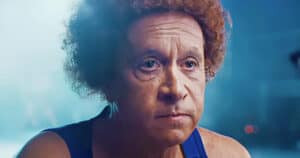

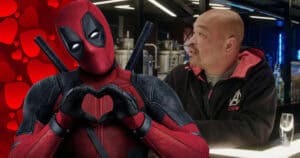
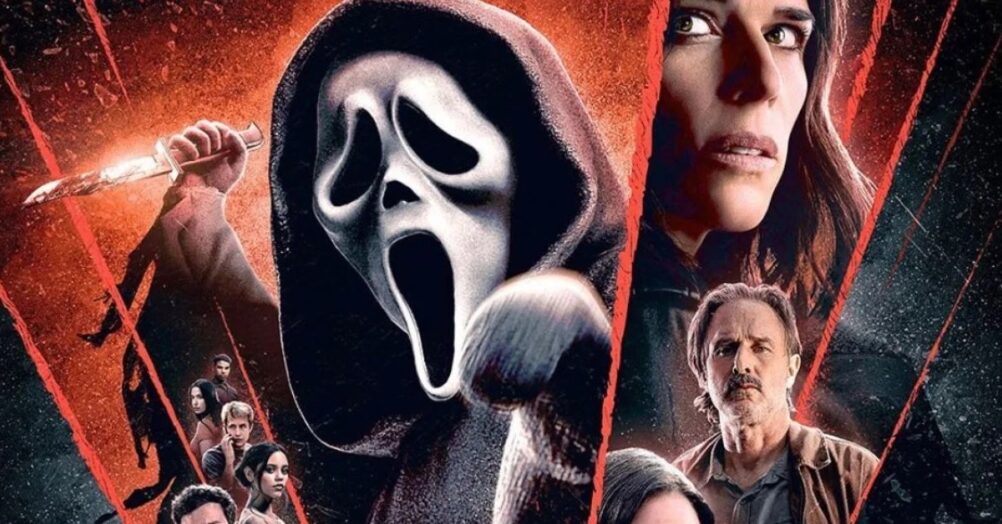
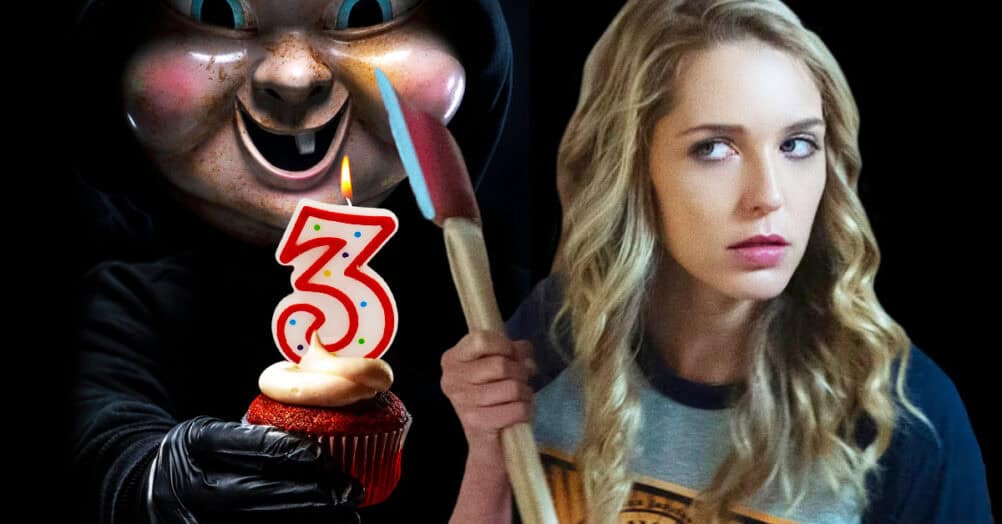
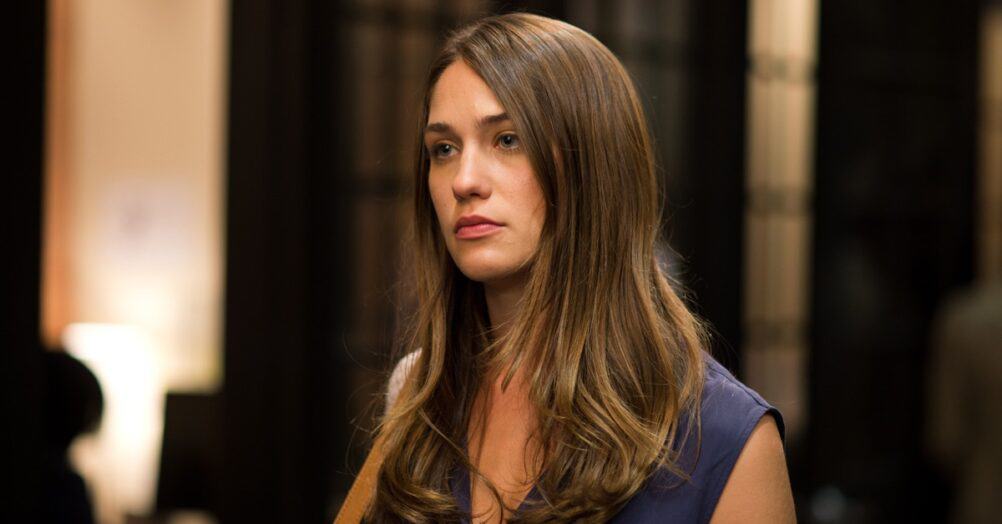
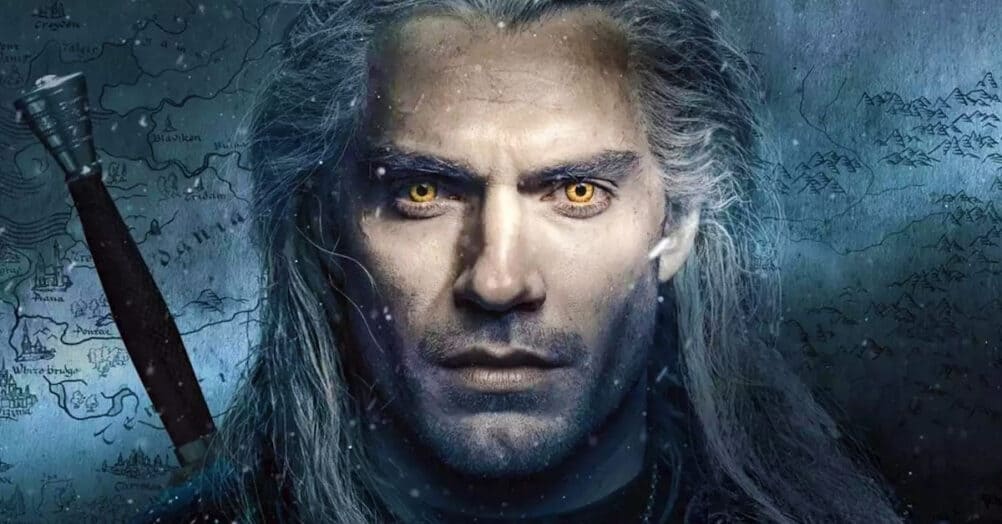
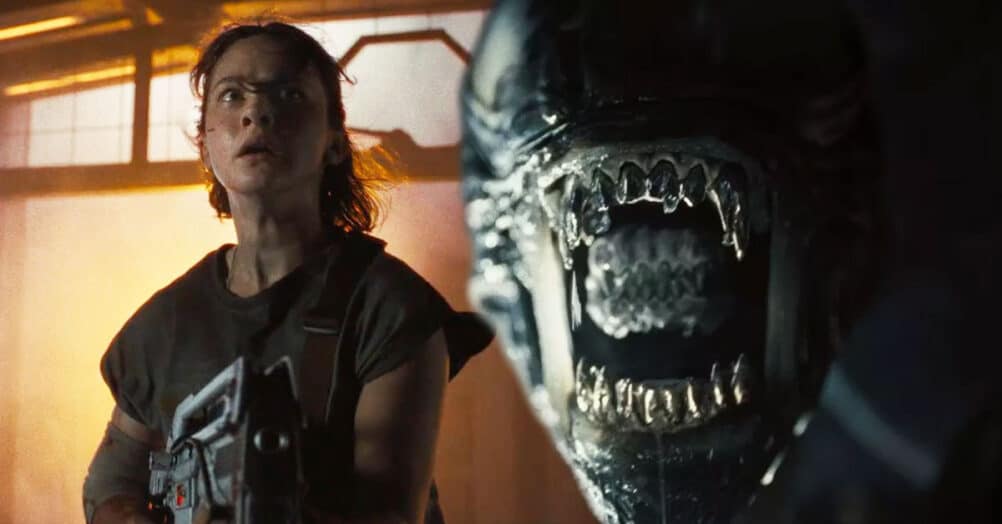
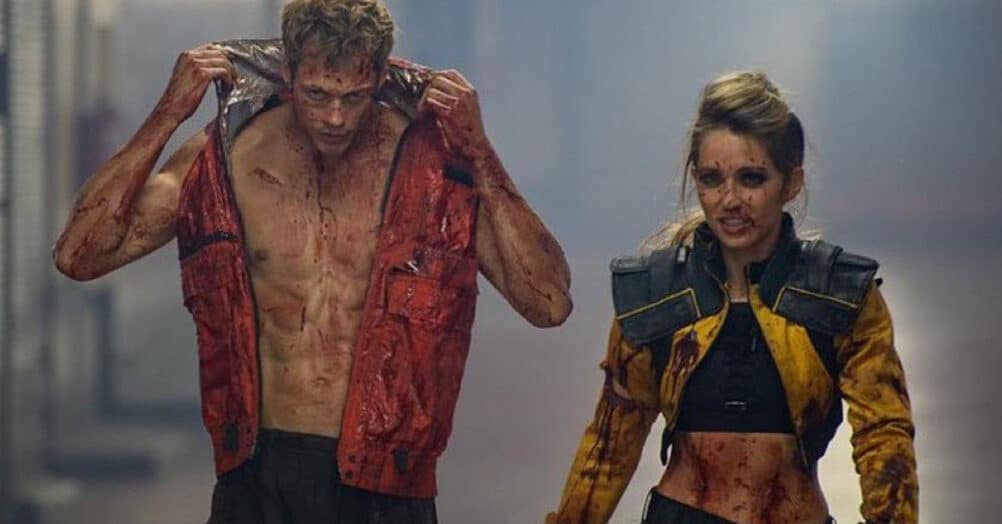

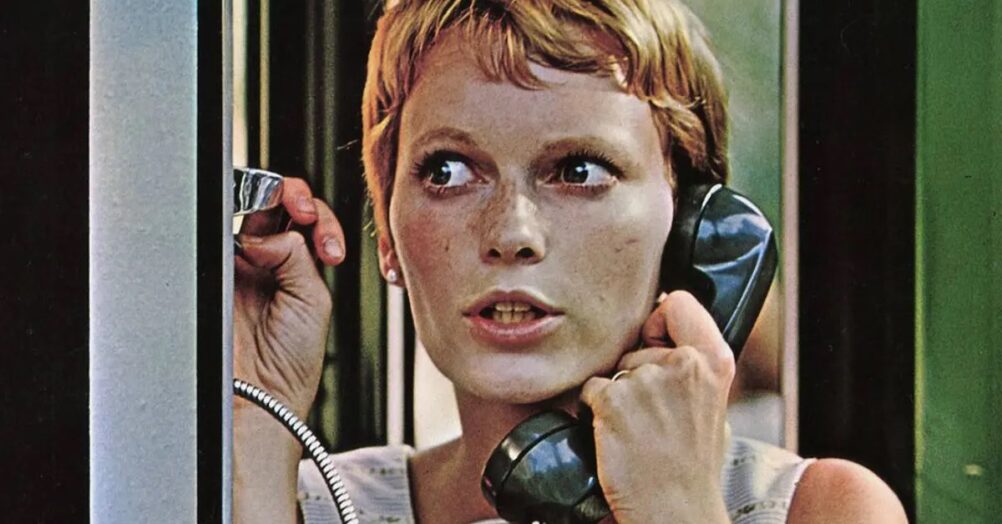
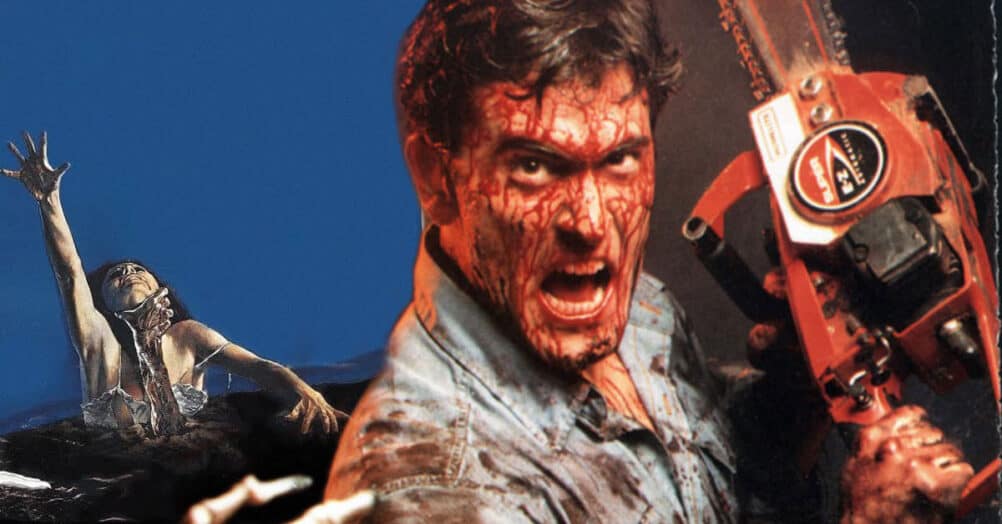

Follow the JOBLO MOVIE NETWORK
Follow us on YOUTUBE
Follow ARROW IN THE HEAD
Follow AITH on YOUTUBE